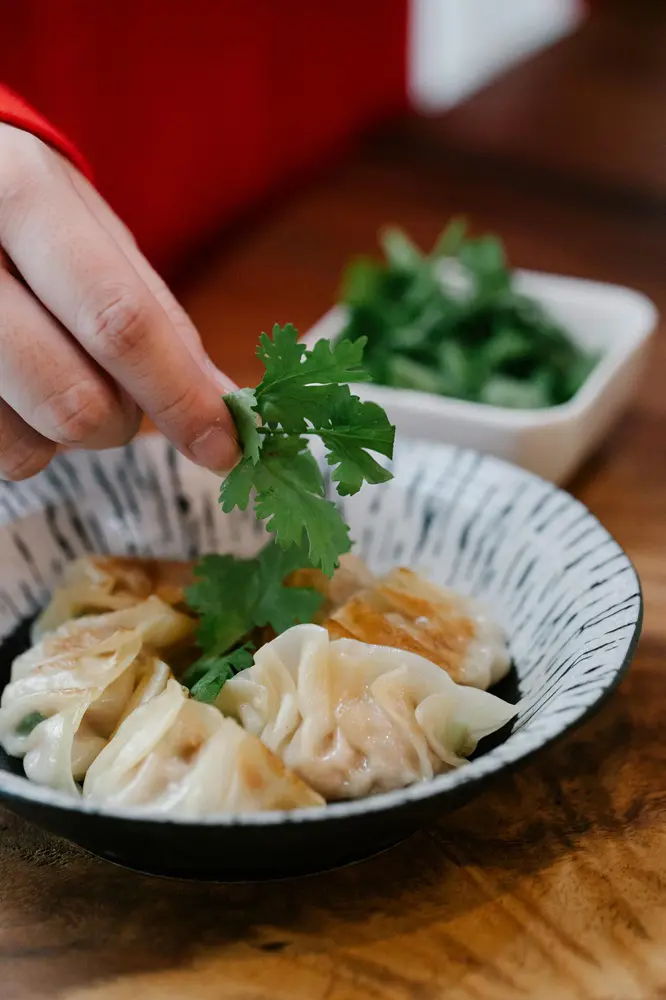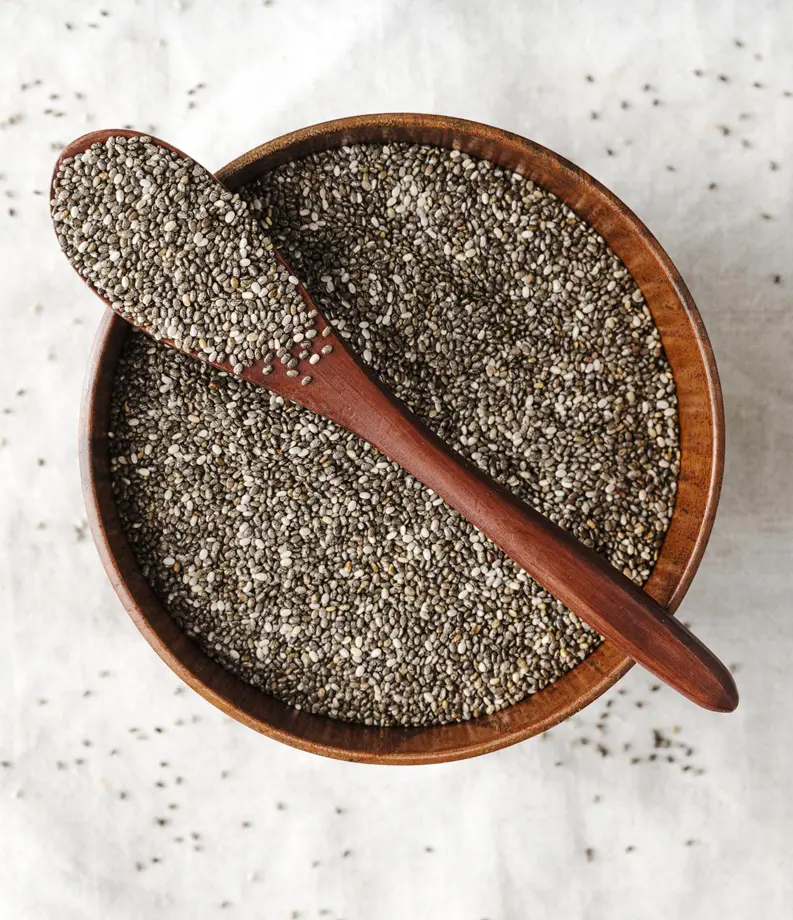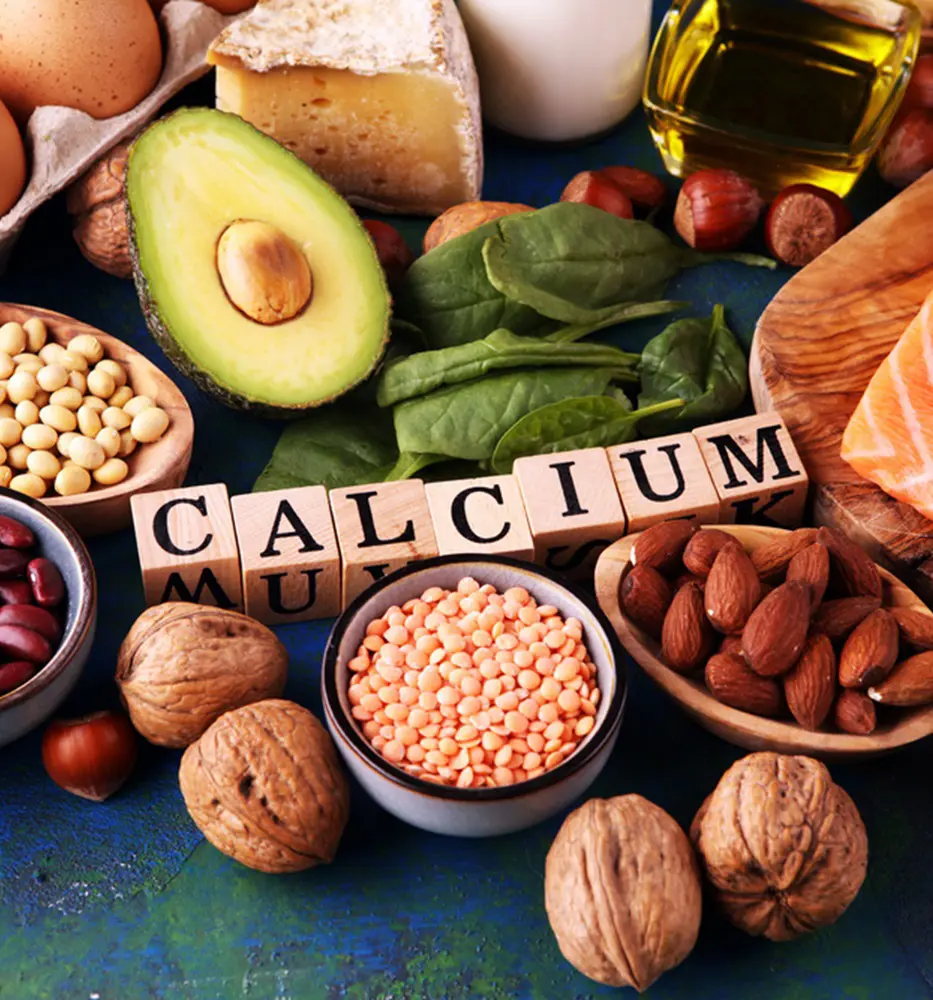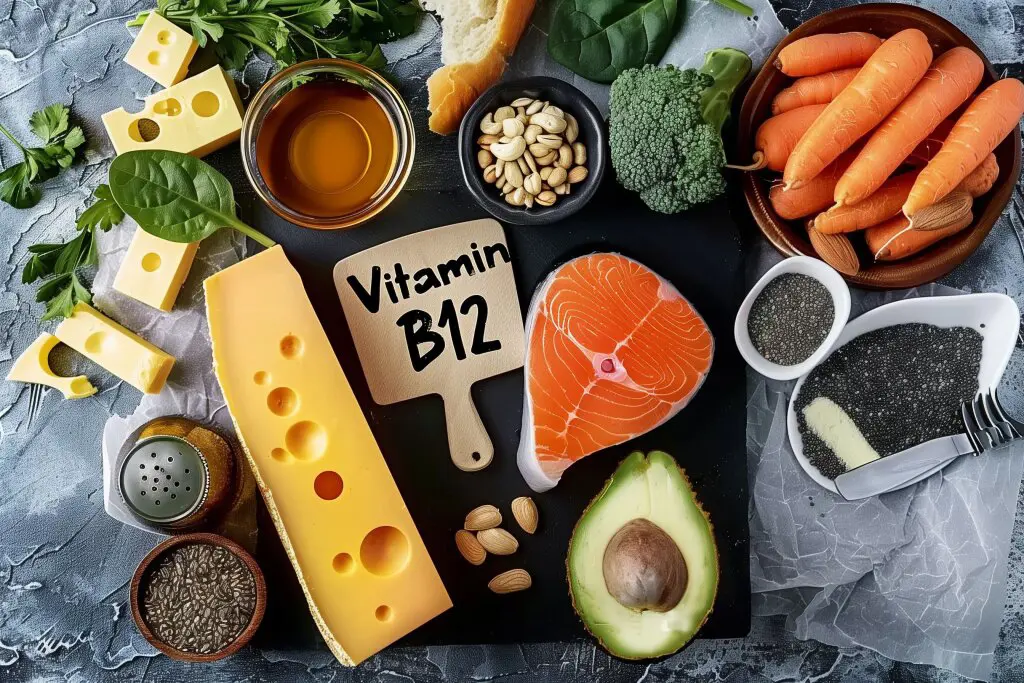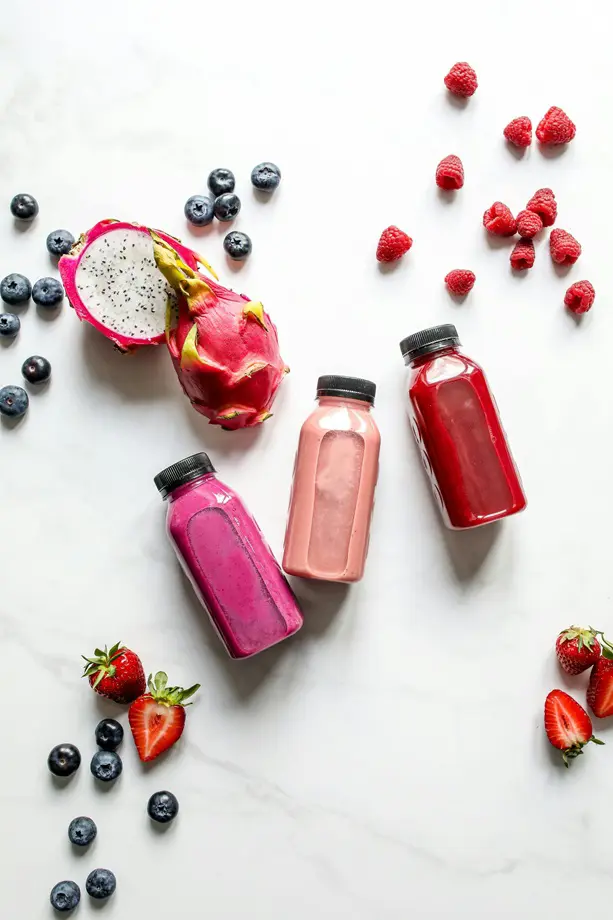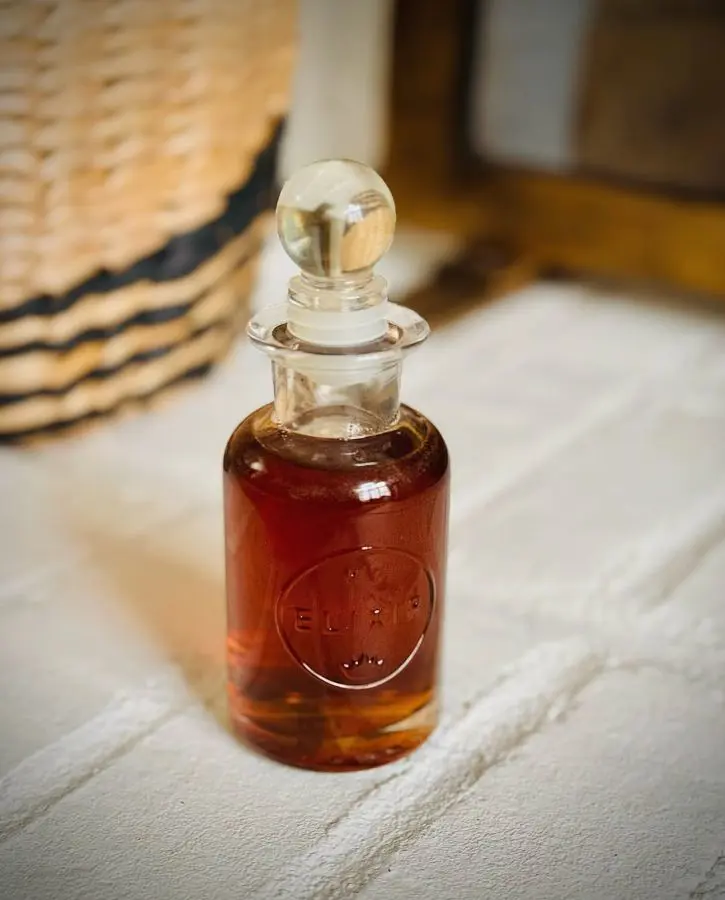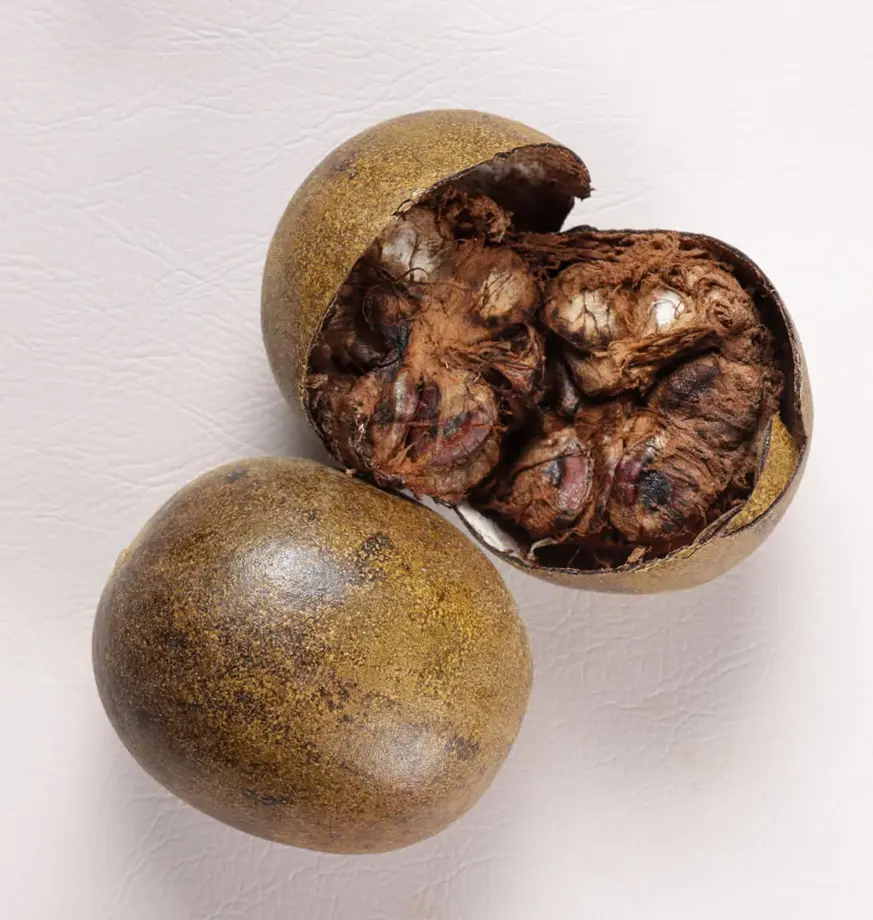18 Teas That Are Safe For Pregnancy
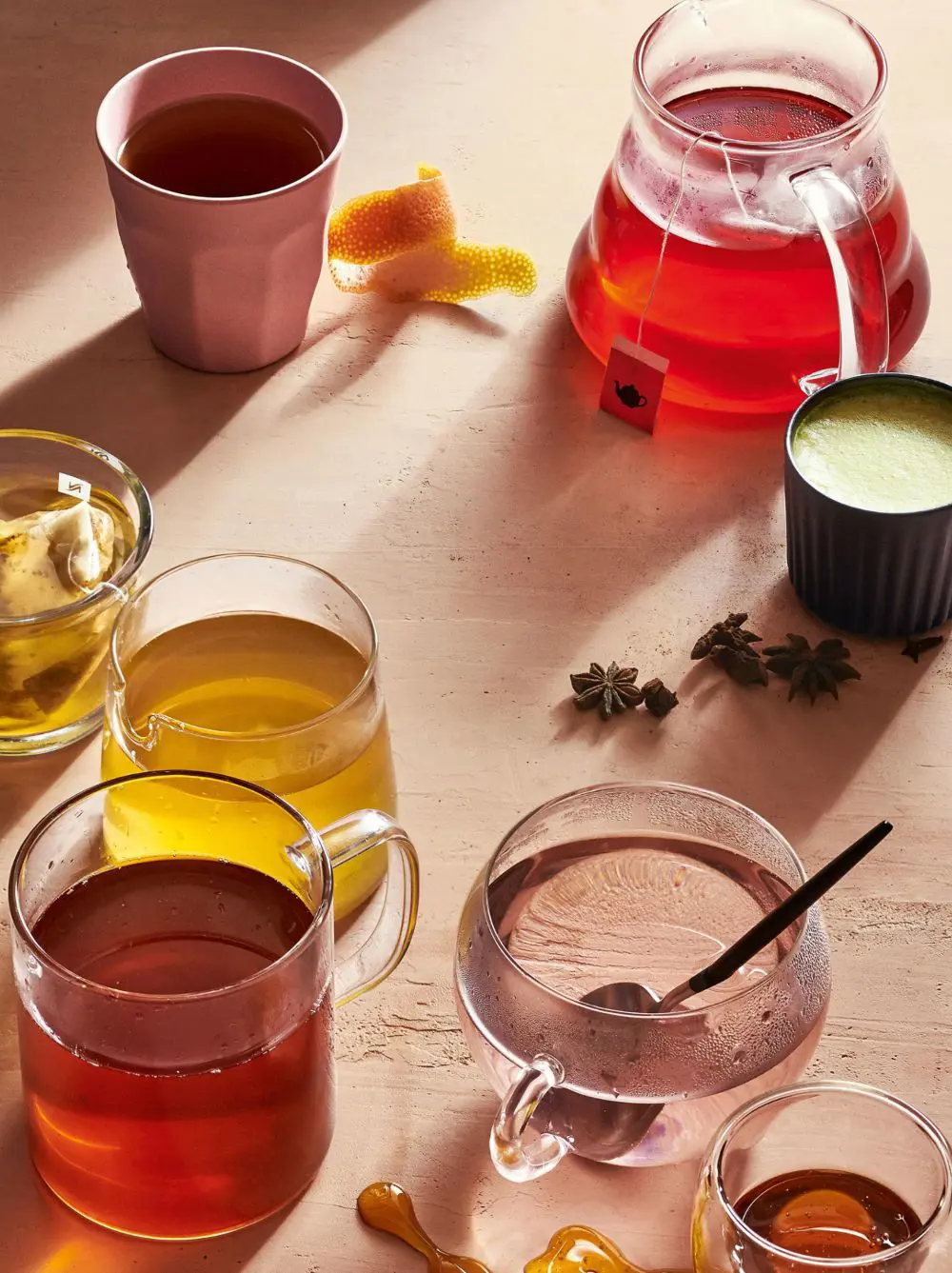
This post may contain affiliate links. If you make a purchase through links on our site, we may earn a commission.
Do you love tea and have a baby on the way? Now is the time to pick out the right tea!! Luckily, there are some amazing teas that are safe to enjoy throughout your pregnancy. Some have even been shown to address specific pregnancy signs and symptoms, potentially helping you sense greater snug.
During pregnancy, it's crucial to monitor your caffeine consumption, as it could easily pass the placenta, and your baby's developing liver might have to face some struggles. This is why many ladies prefer herbal teas. With that in mind, we have brought a list of teas for pregnant mothers that are safe for the entire pregnancy journey.
1. Ginger Tea
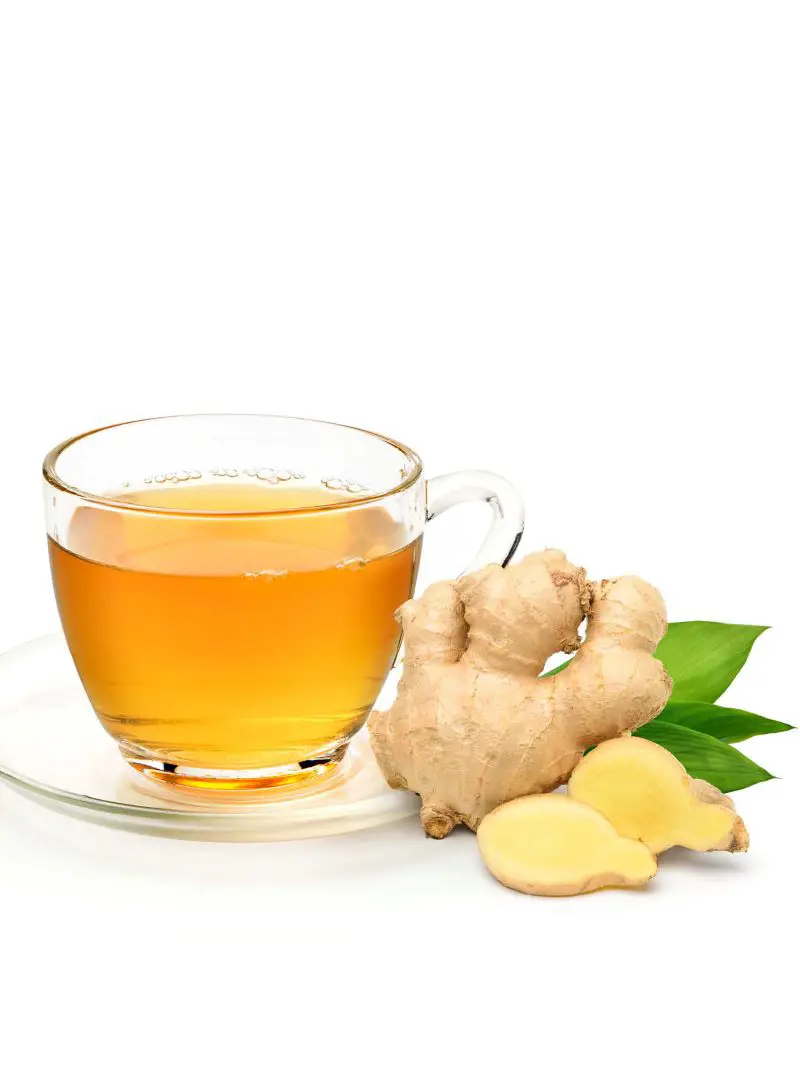
Around 80% of women experience nausea and vomiting throughout their first trimester of pregnancy. The exact information is that ginger root carries a variety of plant compounds (including gingerols and shogaols) that may assist in alleviating some of the discomforts of being pregnant.
These compounds are believed to act on additives of the digestive tool, supporting the belly empty quicker, which can also reduce feelings of nausea. Raw ginger is rich in gingerols, while dried ginger is ample in shogaols. This tells that tea made from both dried or fresh ginger can provide anti-nausea effects.
It's generally taken into consideration to drink up to 4 cups (950 ml) of ginger tea per day during pregnancy.
2. Lemon Balm Tea
Lemon balm tea is taken into consideration as one of the herbal teas that may be secure. It is usually recognized for easing irritability, tension, and insomnia. Thanks to its calming and soothing effects. Moderate intake of lemon balm tea throughout pregnancy is typically regarded as safe for most women and can be a nice way to relax.
However, because natural teas may have varying effects and there's restrained research on their safety for the duration of pregnancy, it's far important to approach them cautiously or seek advice from your doctor.
To make this beverage, steep 1-2 teaspoons of dried lemon balm leaves (or a handful of fresh leaves) in boiling water for 5-10 minutes. Strain the leaves and experience your tea.
3. Raspberry Leaf Tea
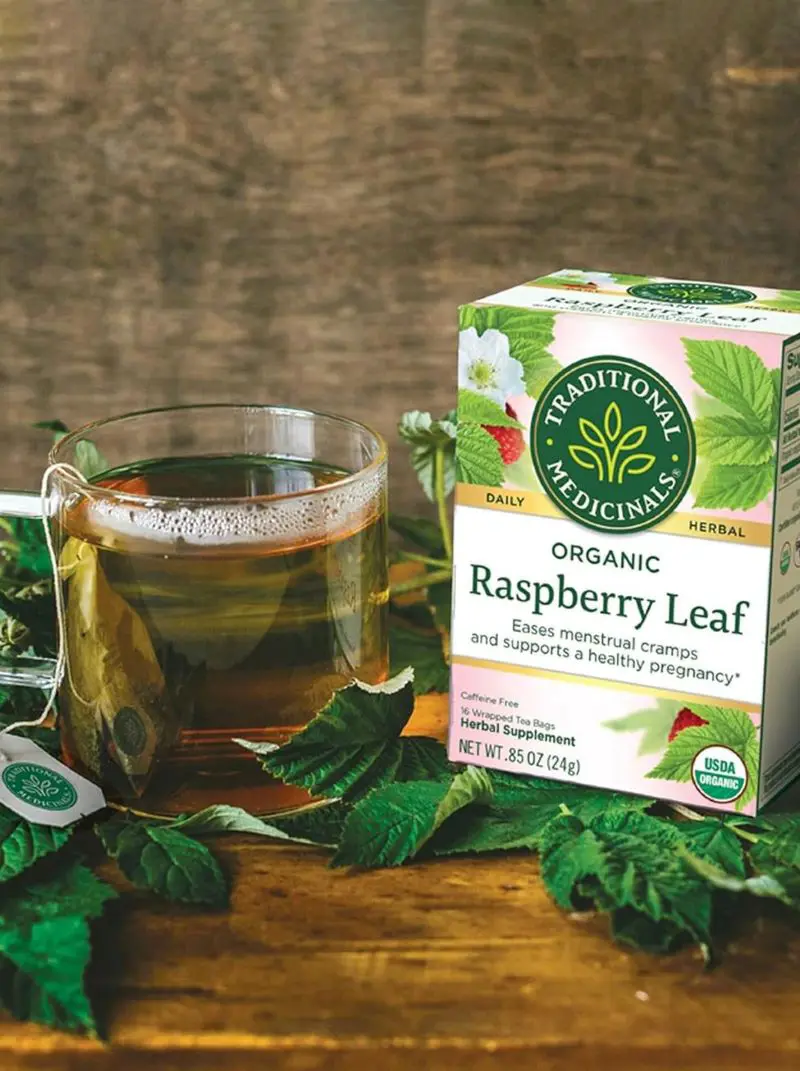
While human studies on red raspberry leaf tea throughout pregnancy are limited, some research proposes that eating it may help strengthen uterine walls and also enhance labor outcomes. This should reduce the need for interventions and complications.
It might also assist in controlling hormones and nourishing pregnant people with its high mineral content, which includes calcium and iron. Some agree that; it may shorten labor, decrease the danger of a C-section, and decrease the need for medical interventions.
However, due to constrained studies, it isn't recommended for pregnant ladies with pre-existing health conditions or individuals who experience unfavorable reactions.
4. Peppermint Tea
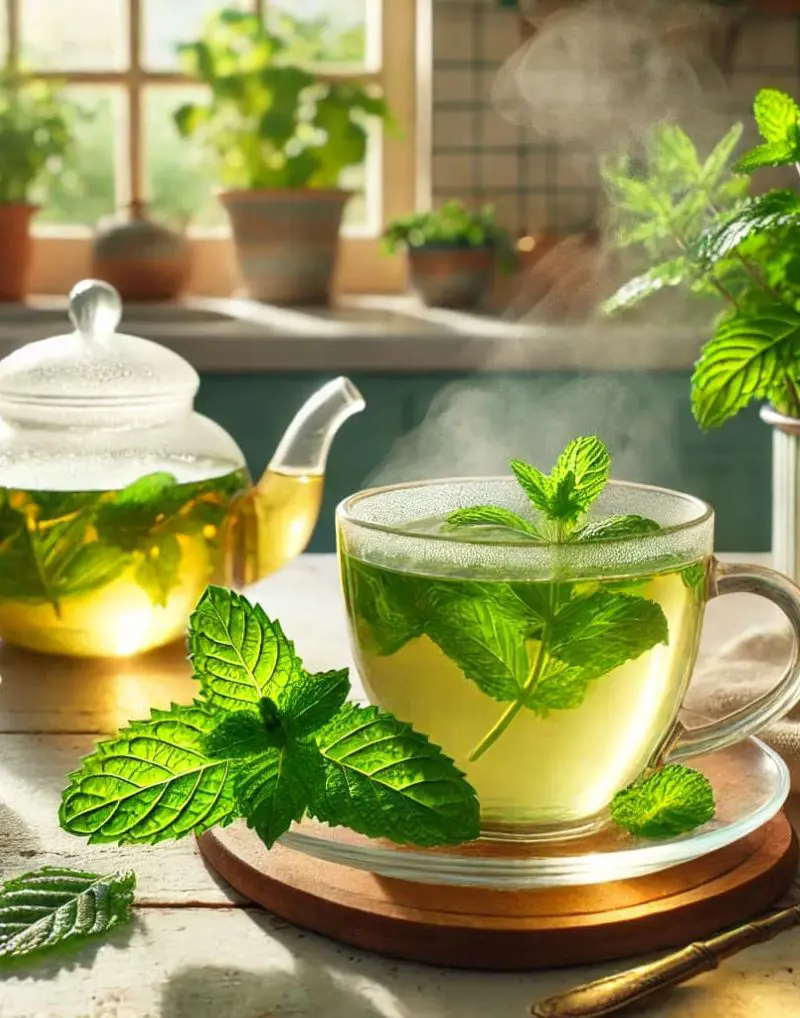
Peppermint tea is an herbal tea crafted from the peppermint plant, native to Europe and Asia. It is a popular choice throughout pregnancy, and so far, only some adverse outcomes have been noted with typical intake of 1 to 2 cups consistent with day.
Generally, this herbal drink is deemed safe, but there is mixed advice on whether it should be consumed during all three trimesters. If you're worried about potential side effects, it might be wise to avoid it until your second trimester. But note that there's no evidence to suggest peppermint tea has caused a miscarriage.
5. Green Tea
Green tea has caffeine, a stimulant that could affect your infant's development. Some doctors endorse limiting consumption to less than 200 mg in keeping with the day, while others suggest warding off it altogether. An eight-ounce cup of green tea typically has approximately 24 to 45 mg of caffeine, depending on how sturdy it is brewed.
If you are ingesting even mild quantities of caffeine, it is critical to discuss it with your doctor. This consists of green tea and different caffeinated liquids. Your doctor might approve of getting a cup or so per day or sometimes a week. Just make certain to keep track of your overall caffeine consumption to stay within your physician's recommended limits.
6. Lavender Tea
Some ladies discover lavender tea useful in the course of pregnancy. While lavender tea is commonly taken into consideration as secure and the usage of lavender as a seasoning is likewise suitable, it’s important to prepare the tea efficaciously or avoid it altogether if uncertain.
Tea made totally from lavender plant leaves might be harmful, so it’s better to pick a range flavored with lavender.
Also, individual responses can range. So, begin with small quantities and watch for any damaging effects. If you notice any discomfort or unusual symptoms after ingesting lavender tea, consult your healthcare provider. Moderation is critical, and it's sensible to seek professional advice about its use while expecting.
7. Dandelion Tea
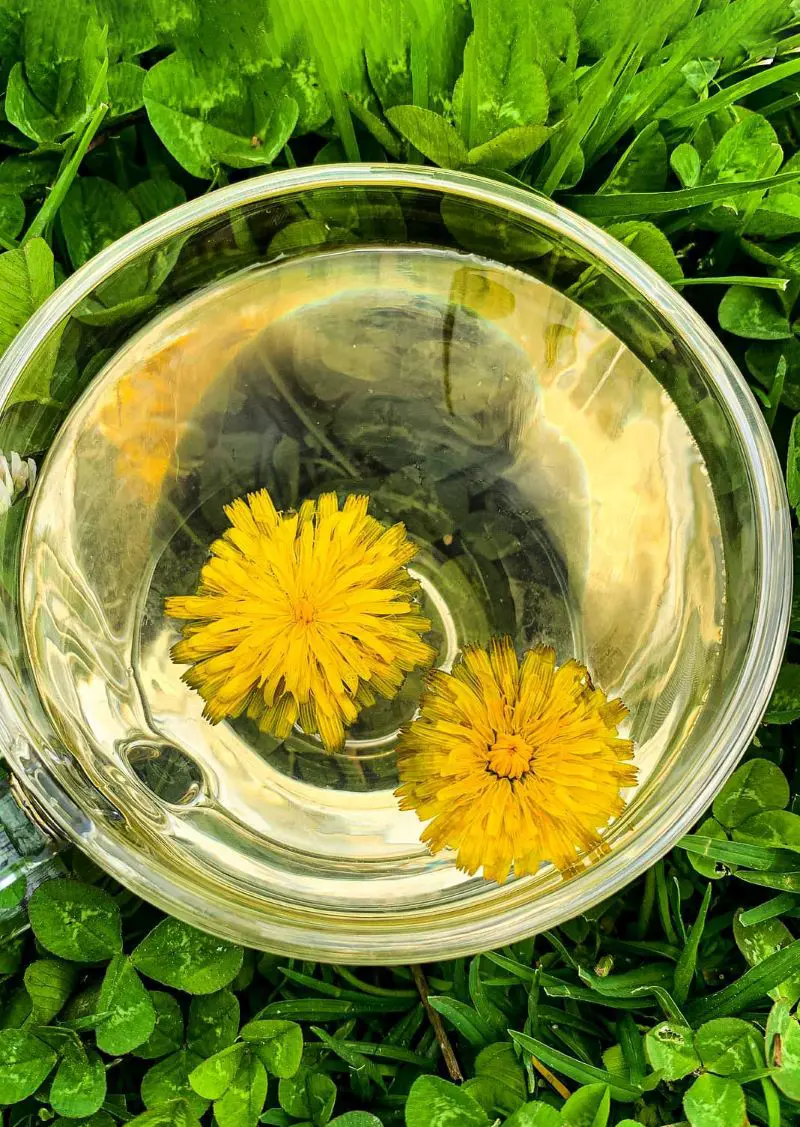
Like other herbs, dandelion tea should be consumed in moderation during pregnancy. It is generally safe to drink this tea once a day. If you experience any allergies or observe modifications in your body, prevent drinking dandelion tea, as it is able to cause issues.
Dandelion is rich in nutrients like vitamin A, iron, and calcium, and its leaves can aid liver health and assist manage mild anemia. It also reduces water retention, which could alleviate bloating, and acts as a diuretic by increasing urine output.
However, it's exceptional to consult a healthcare provider earlier than including dandelion tea in your diet during pregnancy.
8. Black Tea
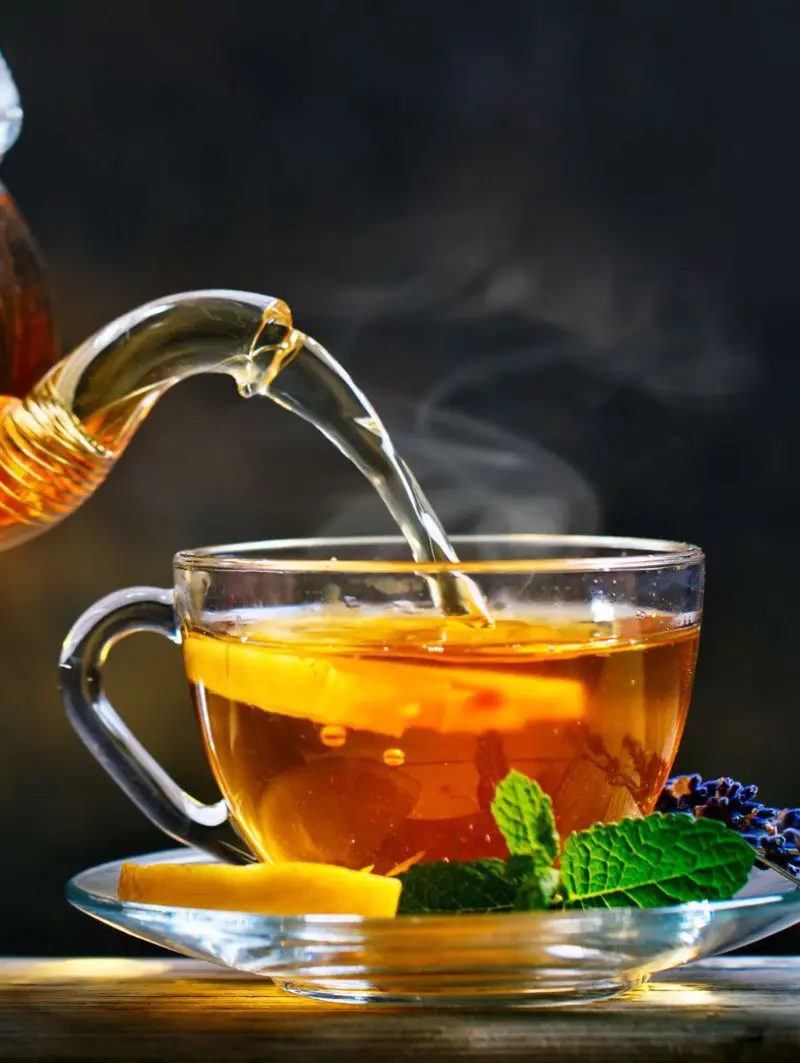
It's natural to wonder if black tea is secure during pregnancy. The answer is typically yes, however moderation is key. Black tea, like different caffeinated liquids, carries caffeine, and immoderate caffeine intake has been related to an improved threat of miscarriage and low birth weight.
To make certain a safe and enjoyable experience, limit your everyday black tea consumption to no extra than 3 cups. This will assist in maintaining your caffeine intake inside encouraged recommendations.
Additionally, consider choosing decaffeinated black tea options to further lessen caffeine intake. When preparing your tea, opt for loose-leaf varieties or tea bags made from herbal materials to keep away from potential contaminants.
9. Linden Flower Tea
Linden flower tea is usually considered secure for pregnant ladies while consumed in moderation. Its soothing properties can provide relief from strain and tension, which are common in the course of being pregnant.
However, it's far vital to note that while there may be no definitive evidence suggesting harm, greater studies are needed to absolutely understand its results on each mom and fetus.
As a precautionary measure, it's usually really helpful to visit a healthcare professional earlier than incorporating any new natural supplement or beverage into your diet, specifically when with a child.
10. Oolong Tea
Oolong tea comes from the Camellia sinensis plant, which is the origin of all true teas. The various types of tea from this plant differ in taste, coloration, strength, and caffeine content based mostly on their drying or preparation methods. Oolong tea undergoes fermentation longer than green tea but shorter than black tea.
Unlike herbal teas, which have around 0.4 milligrams (mg) of caffeine per cup, this non-herbal tea can comprise as much as 50 milligrams per cup.
Since caffeine is a natural stimulant that ought to be confined during pregnancy, consuming slight amounts of oolong tea is probably secure. However, it is endorsed no longer to drink greater than 2-3 cups a day.
11. Rosehip Tea
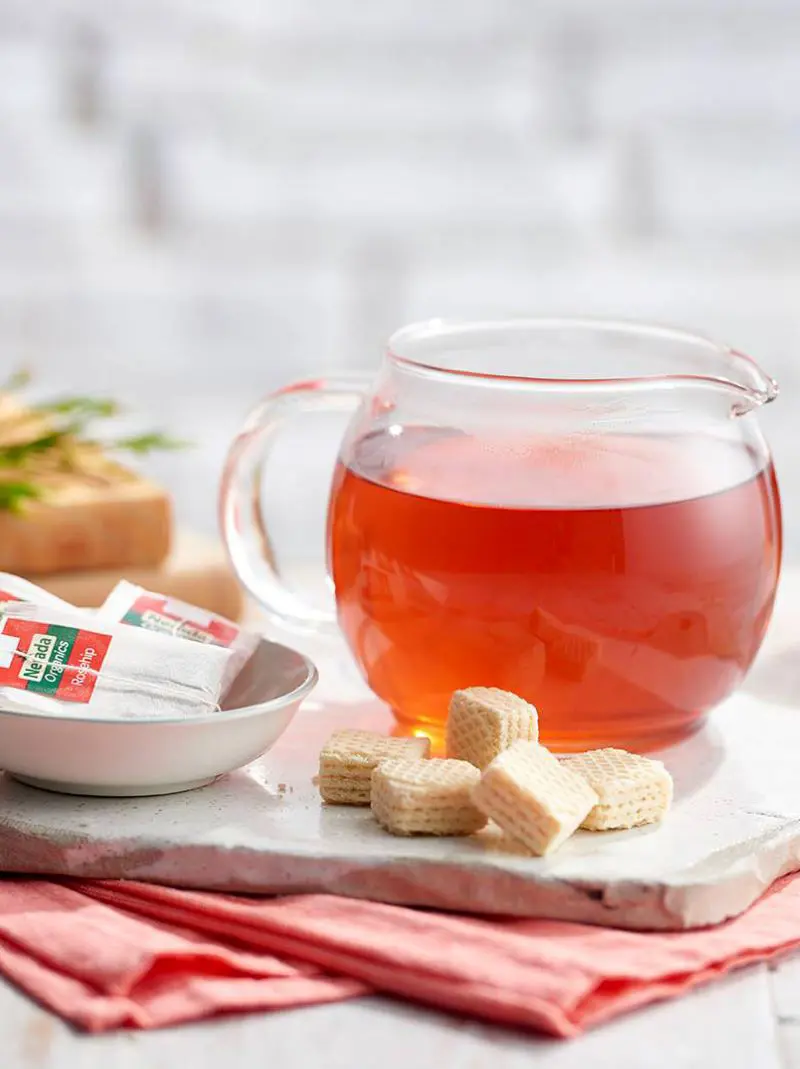
The part of the rose flower that holds the seeds is a rounded section below the petals called the rose hip. While rosehip tea is assumed to offer diverse advantages for pregnant women, there may be constrained studies on its effects on your child.
If you're thinking about consuming this herbal beverage while pregnant, it is excellent to seek advice from your doctor first. Potential blessings encompass boosting the immune system and enhancing iron absorption because of its excessive nutrition C content. Additionally, the tea is rich in antioxidants.
How to prepare? : Wash and dry the rose hips, then cast off the tops, tails, and seeds. Cut the fruits in half, boil water, and place the rose hips in a warm teapot. Pour the boiling water over the rose hips, cover the teapot, and let it steep for about ten minutes. Strain the tea right into a cup and revel in it.
12. Echinacea Tea
Echinacea is a herb that has been popular for centuries due to its medicinal properties. The roots and other elements of the plant are normally used to reinforce immunity and fight numerous infections. One way to consume this herb is using drinking it as tea.
While echinacea tea is typically taken into consideration as safe while pregnant, it's essential to seek advice from your physician earlier than the use of it. Although one study determined no increase in miscarriage or delivery defects amongst echinacea users, the study had a small sample size of only 363 women, so it can not offer definitive conclusions about safety.
13. Rooibos Tea
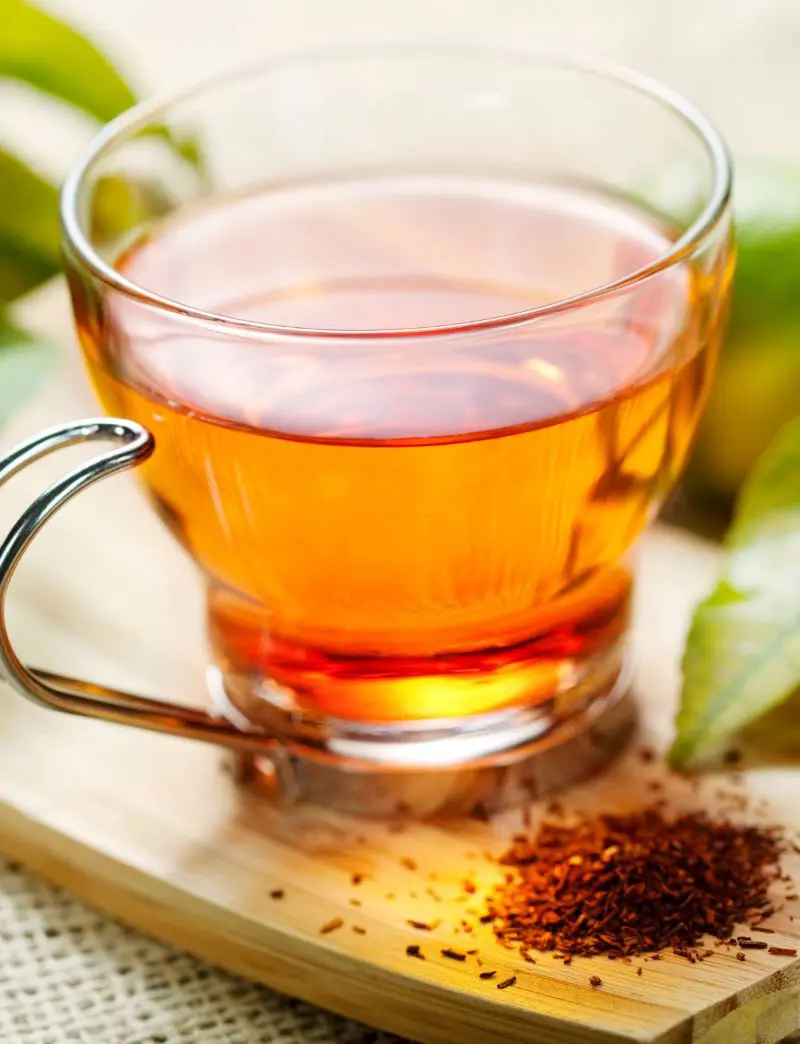
Rooibos tea is brewed from the dried elements of a plant harvested from the South African pink bush shrub. Unlike black and green teas which are made from tea leaves, rooibos is classed as an herbal tea. While it's essential to exercise caution with any herbal product when pregnant, rooibos tea usually appears as secure.
If you’re looking for a hot beverage to lift your spirits (and who isn’t?), rooibos tea will be a fantastic desire. With no caffeine, it’s a higher alternative than coffee, black tea, or green tea. It’s also typically taken into consideration safe to drink while breastfeeding. It might help you stay relaxed and calm, potentially putting you in a healthier attitude for milk production.
However, it is vital to study that an appropriate amount of rooibos tea that is secure isn't properly established. If you plan to drink more than 2 or 3 cups in keeping with the day, it's a superb idea to seek a recommendation from your OB-GYN first.
14. CinnamonTea
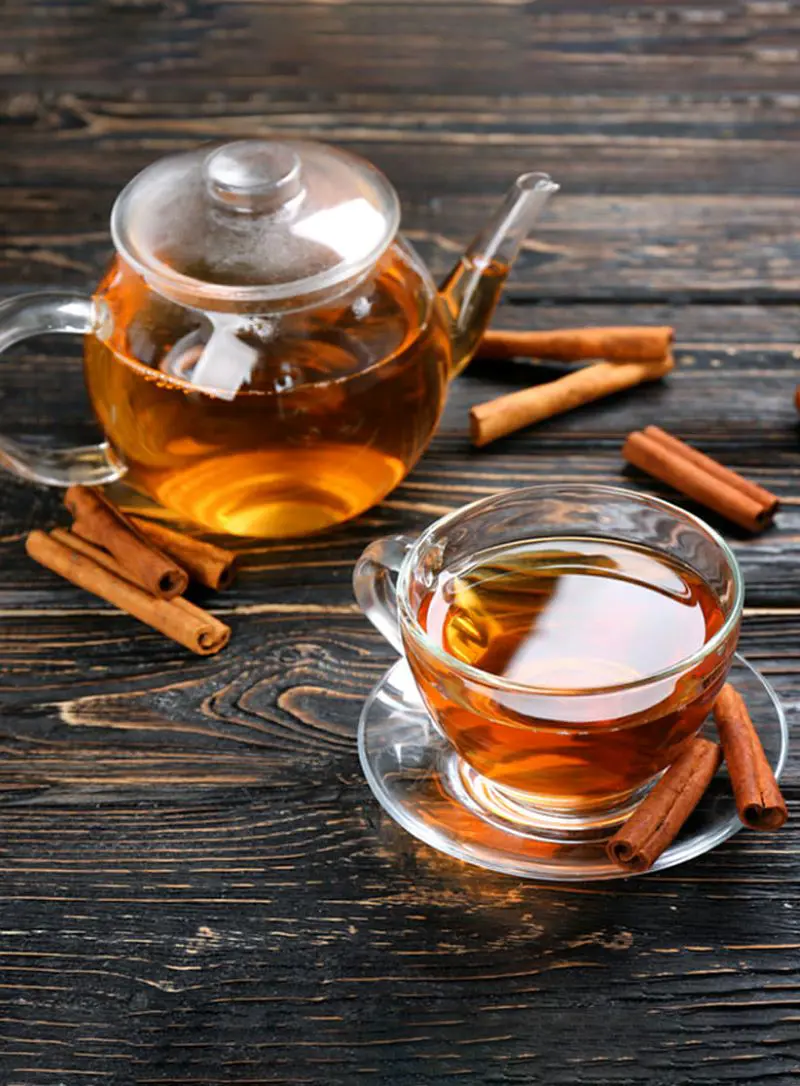
Cinnamon is a flexible spice that provides a candy and savory touch to various drinks and dishes. You may have heard that cinnamon tea can induce labor, but how genuine is that? There is no proof to support this claim.
If you're overdue and searching out herbal ways to stimulate labor, you may want to consider spicy foods, walking, or consuming cinnamon tea. However, cinnamon tea is safe to devour moderately throughout pregnancy, so you can enjoy a cup if you want. Just keep in mind that it's unlikely to help induce labor.
15. Orange Peel Tea
Orange tea, usually prepared from black or green tea leaves mixed with orange peel, zest, or flavoring, usually appears safe during pregnancy when consumed in moderation. It's important, however, to make sure that the orange peels used are free from insecticides and chemical materials.
It’s exquisite to choose herbal and natural orange teas that use real orange peel or zest for taste rather than artificial additives. Since orange tea consists of caffeine, it’s clever to limit your intake. Additionally, some people may find it too acidic. Orange peels are excessive in nutrition C and antioxidants, which may be beneficial.
16. Nettle Tea
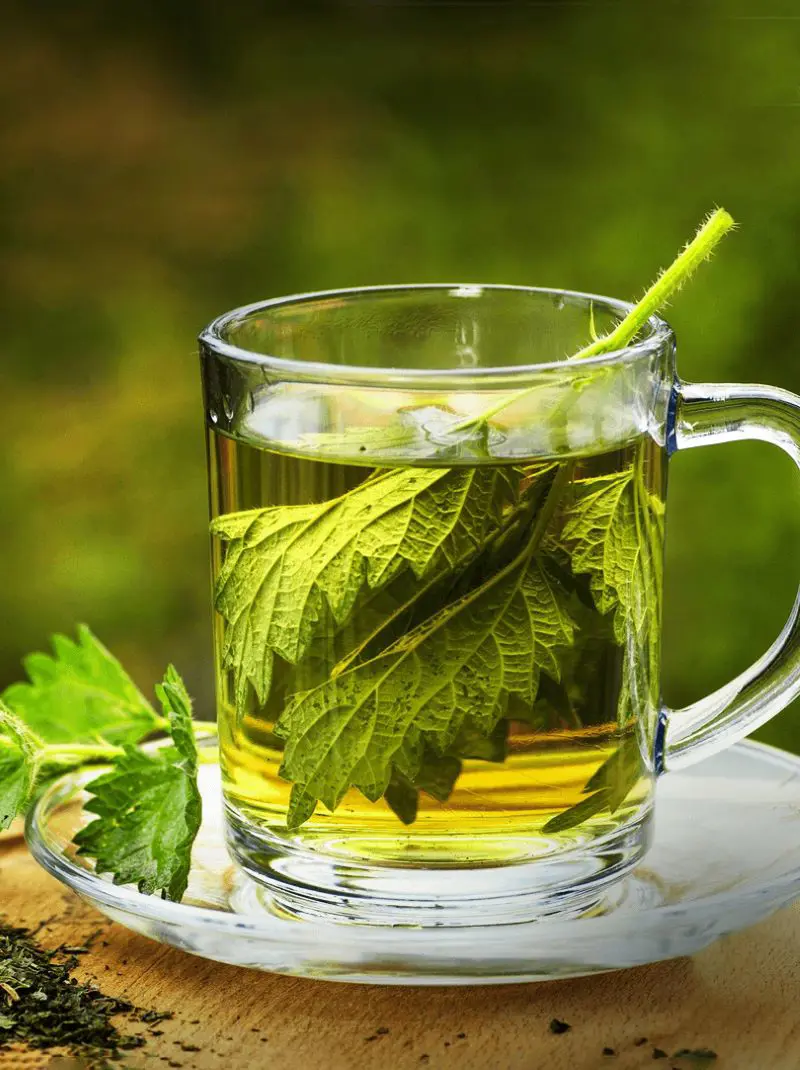
Many individuals drink nettle tea during pregnancy due to its rich nutrient profile, which includes nutrients A, C, K, and a few B vitamins, as well as antioxidants and critical minerals. However, it's crucial to note that the dietary blessings from a cup of tea are minimum. Nettle tea additionally has anti-inflammatory properties.
Despite this, there is restrained reliable proof confirming its safety in the course of being pregnant, and some specialists advise caution. A 2015 study suggests that while nettle is normally secure, it could potentially have an effect on your menstrual cycle and might contribute to miscarriage by triggering uterine contractions.
It’s good to discuss ingesting nettle tea together with your obstetrician, particularly if you’re thinking about it later in your pregnancy.
17. Chamomile Tea
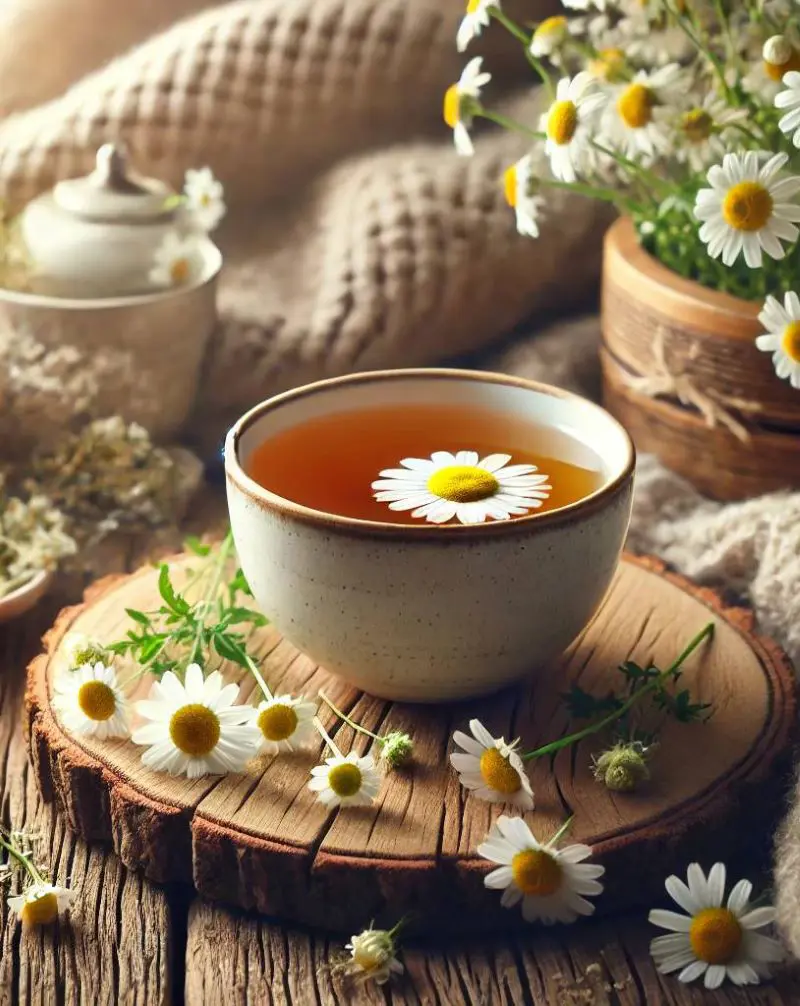
Chamomile tea, which resembles and is related to the daisy, offers several fitness advantages for maximum human beings. These encompass offering antioxidants, assisting sleep, and having anti-inflammatory properties.
It is known for its calming impact and may assist prevent you from colds and other illnesses. Additionally, drinking tea of any kind can help with hydration.
Nevertheless, many medical doctors suggest caution regarding the intake of herbal teas, along with chamomile, for the duration of pregnancy because of the lack of sufficient studies on their safety. Always consult your medical doctor earlier than drinking herbal teas to make sure they're secure for you.
18. Chai Tea
Chai tea is a spiced tea that originated in India. It generally includes black tea, milk, and an aromatic blend of spices consisting of cardamom, cinnamon, ginger, and cloves. The term "chai" means "tea" in many regions. During pregnancy, chai tea can be enjoyed with a few considerations.
While it offers possible benefits like antioxidants and soothing spices, it additionally includes caffeine. To ensure safety, limit your caffeine intake, consider caffeine-free alternatives, and keep in mind any sensitivities to the spices.
Recent posts
Nutrition
Nutrition
16 Benefits Of Coriander That Will Surprise You
Abundant in nutrients and antioxidants, coriander is an annual herb with a characteristic aroma that is extensively used around the world. Both coriander leaves (also called cilantro) and seeds are used in various cuisines around the world. Known fo...
Nutrition
Chia Seeds Benefits: 15 Reasons To Eat These Tiny Seeds
Chia seeds are tiny edible seeds obtained from the plant known as "Salvia hispanica", belonging to the mint family. Oval, gray, and filled with black and white spots, these small seeds are highly valued for their abundant nutrients and health be...
Nutrition
How Much Calcium Is Actually Needed?
Calcium is a mineral associated with bones, muscles and the nervous system in the body. Current dietary guidelines suggest different Recommended Dietary Allowances(RDAs) for adult males and females, with 1000mg being optimal for males and 1200mg for...
Nutrition
B12 Vitamin Food Sources: A Comprehensive Guide
Vitamin B12, an essential nutrient, plays a crucial role in various bodily functions, including red blood cell production, nerve function, and DNA synthesis. While animal-based foods are the primary sources of B12, certain fortified plant-based foods...
Nutrition
What Foods Are High In Cholesterol? 20 Foods To Avoid
Animal products like meat, eggs, milk, and cheese are sources of dietary cholesterol, unlike plant-based foods. For those aiming to lower their cholesterol intake, it's essential to be mindful of animal-based food choices. While some high-cholesterol...
Nutrition
18 Fat Burning Smoothies For Weight Loss
The weight loss journey is tough if you have to get on the same path day after day, facing cravings and temptations along the way. We suggest you stop making it a monotonous struggle and make it a flavorful adventure instead. One of the easiest and m...
